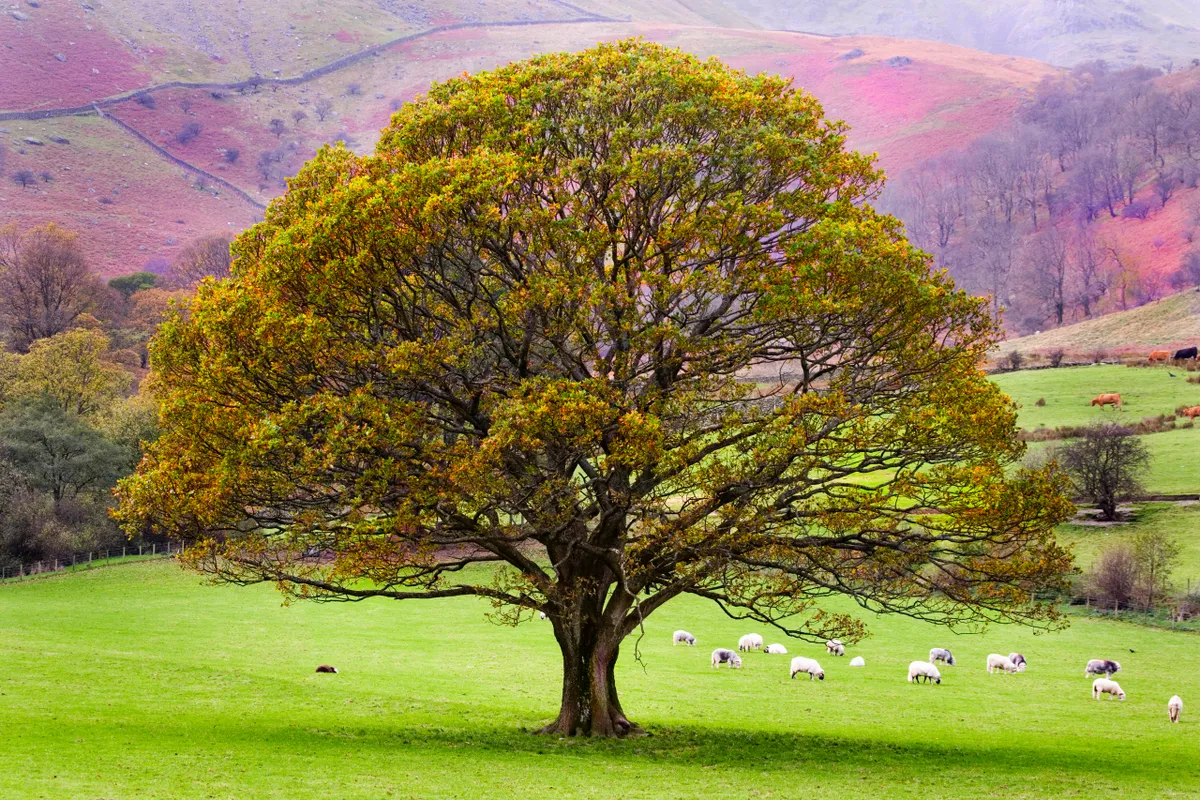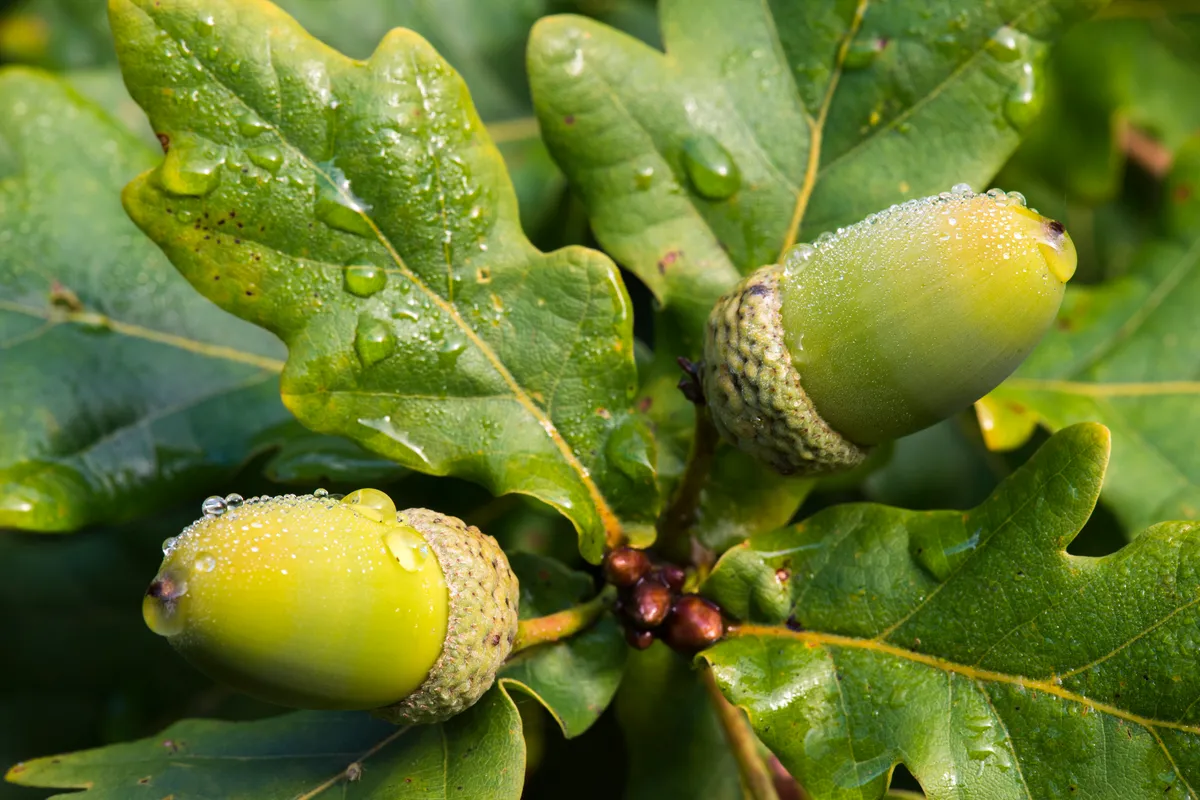The British oak is in decline, threatened by climate change, pests and diseases. But a recent study – Protecting Oak Ecosystems – suggests that a reduction in oak trees puts thousands more species at risk.
The study – carried out by the James Hutton Institute, alongside partners from the RSPB, Royal Botanic Garden Edinburgh and the University of Cambridge – produced the most comprehensive list yet of all the invertebrates, birds, mammals and fungi known to use native oak trees; a total of 2,300 species, not including bacteria and other micro-organisms.

“Our really old large oak trees support the greatest number of species. We are currently benefiting from trees established hundreds of years ago,” said lead author Dr Ruth Mitchell of the James Hutton Institute’s Ecological Sciences group.
Of the total number of species affected, 326 were completely dependent and 229 relied highly on the oak. The moth oak lutestring, fungi oak polypore and the beetle oak leaf-roller are just three of the species considered most at risk from a decline in oak health.
“We hope that this work will help us start thinking now about how our woodlands could look in hundreds of years and the biodiversity they might support,” added Dr Ruth Mitchell.
Lord Gardiner, Defra Biosecurity Minister, said: “I welcome this publication which highlights the importance of addressing the serious threats to our oak trees which would also affect a great number of species that are dependent on them.
“What we learn from this project will feed directly into our Action Oak initiative, a collaboration of charities, government, landowners and research institutions whose aim is to protect the UK’s 121 million oak trees from plant pests and diseases.”
What is causing oak to decline?
Oak is at risk from a range of pests and pathogens – acute oak decline, chronic oak decline, oak processionary moth and powdery mildews – but it’s a slow decline and a significant loss is not predicted in the near future. Oak is predicted to decline in some areas of the UK in the long term.

Can other trees support oak-associated species?
Protecting Oak Ecosystems assessed a number of other trees types that are known to support species associated with oak. Of the 30 or so trees to be studied, ash came top of the list, supporting more oak-associated species than any other. Unfortunately, ash dieback has meant that this tree species is also in decline.
The study found that increasing the diversity of native tree species in our woodlands is vital to support future biodiversity.